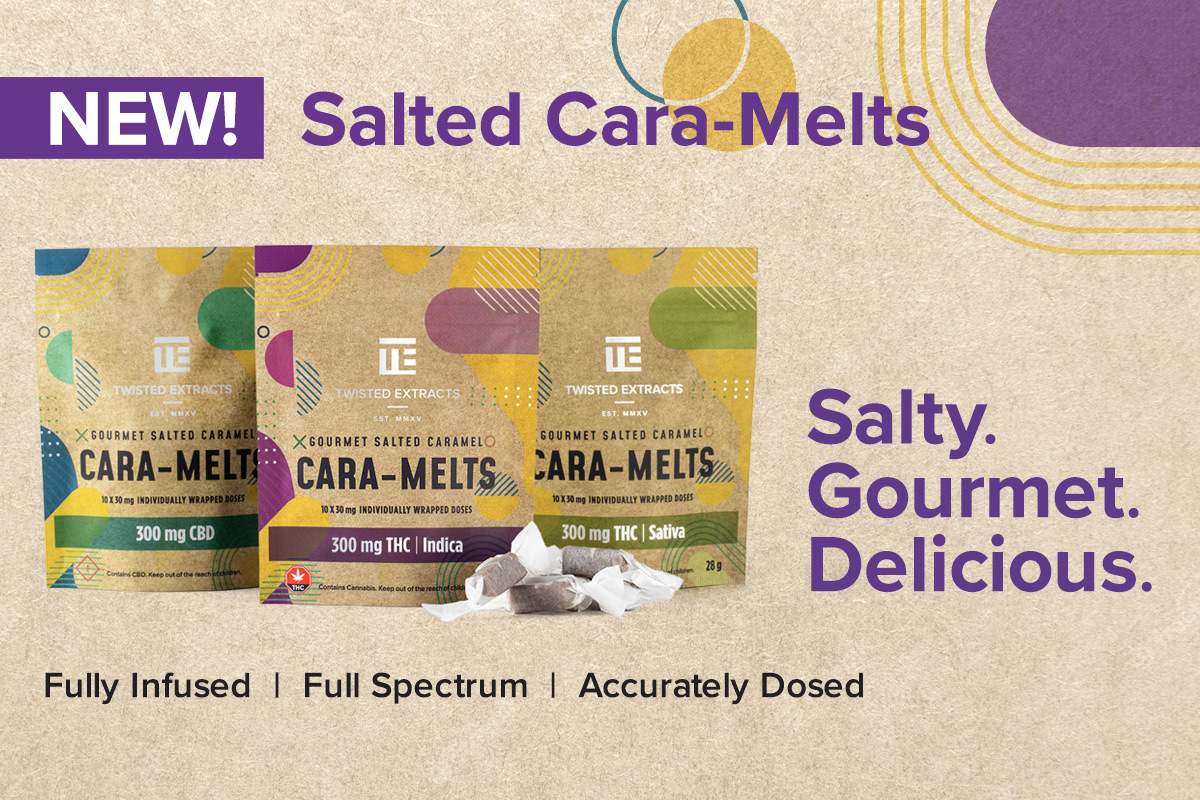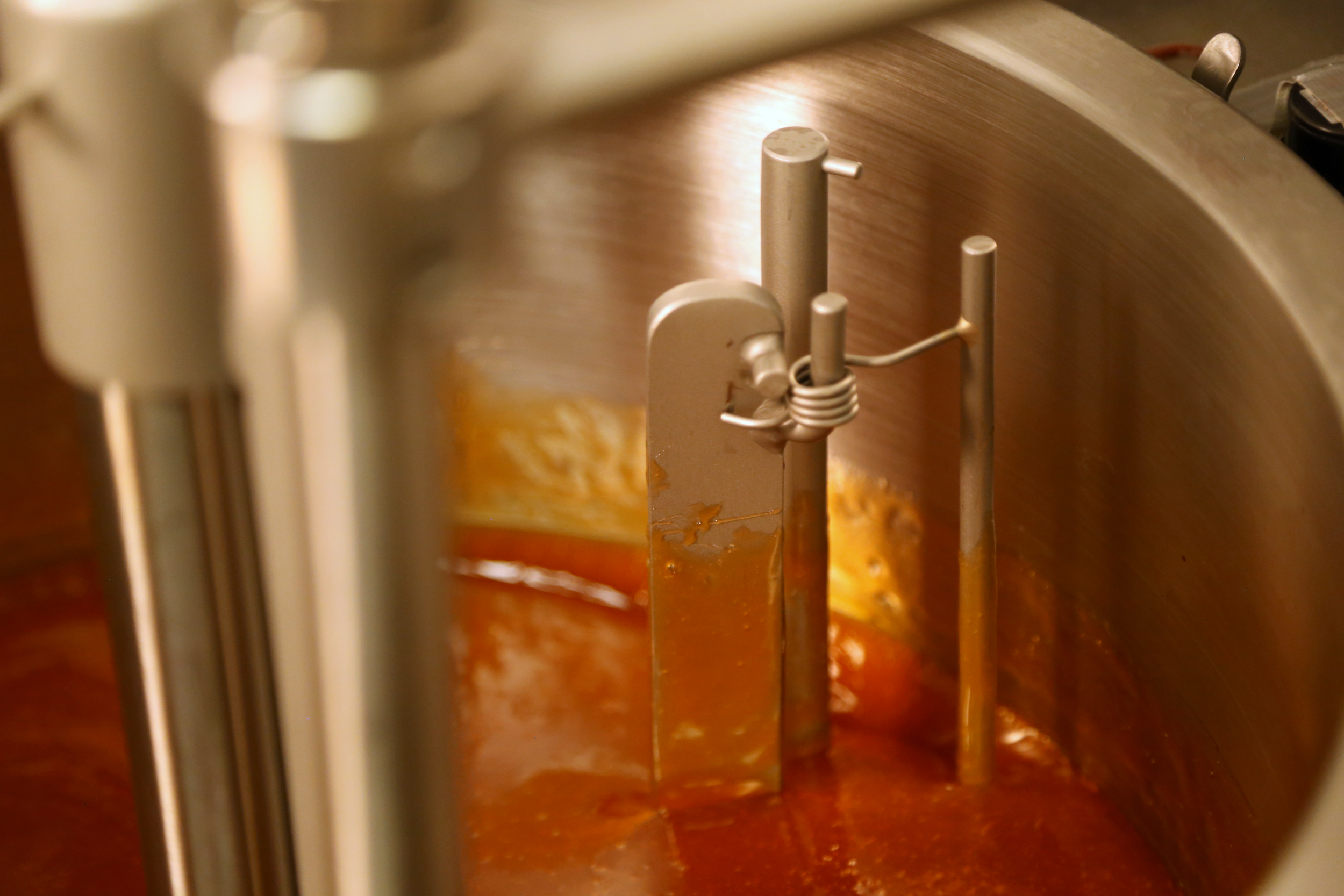New research shows cannabis is medicine for PTSD
Canada suffers from one of the highest rates of Post Traumatic Stress Disorder in the world with 9.2 percent of the population suffering from the psychological condition. To treat it most doctors prescribe a mix of pharmaceuticals and therapy, but one of the most popular medicines is cannabis. More than a quarter of patients say they medicate with the plant.
Now, the first rigorous Canadian study is backing up the personal experiences with compelling data. Research, published in November 2019, found cannabis prevented episodes of depression and suicidal thoughts for people with PTSD.
“We know that with limited treatment options for PTSD, many patients have taken to medicating with cannabis to alleviate their symptoms,” says Stephanie Lake, the study’s lead author and a research assistant at the BC Centre on Substance Use. “However, this is the first time that results from a nationally representative survey have shown the potential benefits of treating the disorder with cannabis.”
PTSD is a psychiatric disorder, a change in brain chemistry, that usually arises in people who have experienced or witnessed a traumatic event like a natural disaster, a serious accident or violence. Patients tend to have intense and disturbing thoughts and feelings related to the event that can last for years. PTSD often manifests as nightmares, social withdrawal, memory problems and other mental and physical issues.
Patients are far more likely to suffer from depression, suicidal thoughts and actions and substance use disorders than the average person. The U.S. Department of Veteran Affairs says in some cases more than 75 percent of survivors of violent or abusive trauma report alcohol and drug use disorders.

Treatment for PTSD usually involves a mix of antidepressant and anti-anxiety medications and psychotherapy. A literature review found that various methods of psychotherapy do the best job of treating symptoms. Between 50 and 70 percent of PTSD patients who completed three months of therapy experienced a meaningful improvement in symptoms.
But leaves a large number of patients left searching for help.
Cannabis has shown promise, both at treating PTSD symptoms and for helping with addiction. Whether through medical channels – PTSD is an approved condition for medical marijuana in Canada – or on their own, Canadians are using cannabis to help deal with PTSD symptoms.
Lake and her team used Statistics Canada’s 2012 Canadian Community Health Survey-Mental Health, a questionnaire answered by 24,089 Canadians over the age of 15. Lake says it’s a representative portion of the Canadian population. Among them were 420 people with a PTSD diagnosis. More than 100, or 28 percent, reported treating their condition with cannabis in the last year.
The researchers found that of the PTSD patients, non-cannabis users were 7.2 times more likely to suffer a major depressive episode and 4.7 times more likely to have suicidal thoughts than the cannabis users. Cannabis users reported no significant incidents of either symptom.
“We’re only just beginning to understand what the therapeutic potential of cannabis may be for a variety of health conditions,” says senior author Dr. M-J Milloy, research scientist at BCCSU and Canopy Growth Professor of Cannabis Science at the University of British Columbia. “These findings are promising, and merit further study in order to fully understand the benefits of cannabis for people living with PTSD.”
Did you like this article?
Sign up for our newsletter to make sure you're in the know about all of our new product releases, contests and more.





